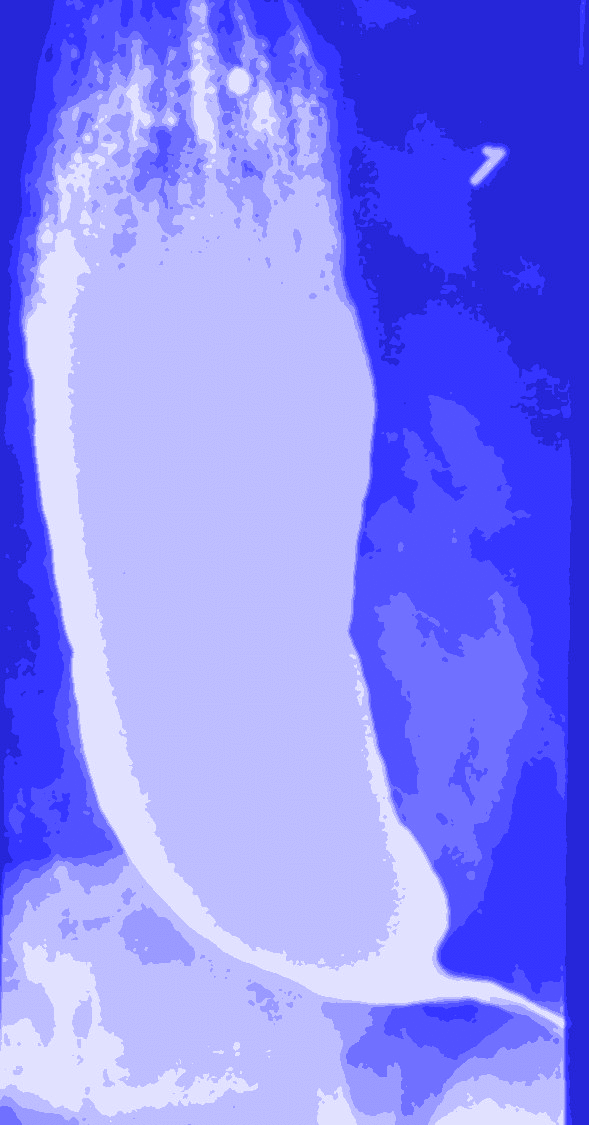Presence and Persistence of Nutrition-Presence and Persistence of Nutrition-Related Symptoms During
- Oct 4, 2015
- 1 min read
Presence and Persistence of Nutrition-Related Symptoms During the First Year Following Esophagectomy with Gastric Tube Reconstruction in Clinically Disease-Free Patients





Comments